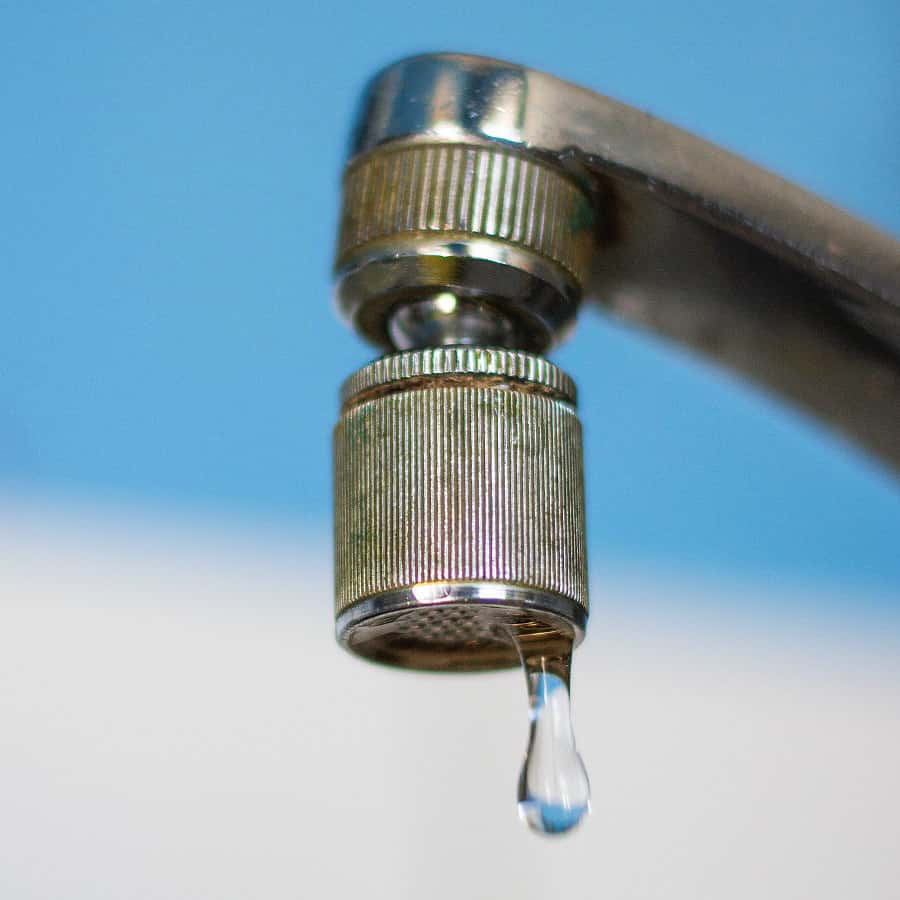
I have been intrigued with hard water since the 1950s. I grew up in rural Pennsylvania (Bucks County to be precise). Our well water was incredibly “hard.” In other words, it had a lot of dissolved minerals, especially magnesium and calcium. My mother was convinced that hard water was good for you, even though it left a residue on dishes and appliances. Is there any science to support the idea that mineral-rich water is indeed healthy?
The History of Hard Water and Health:
As far as I can tell, the first researcher to detect a relationship between hard water and stroke was Dr. J. Kobayashi in 1957. An article in the British Medical Journal (June 1, 1963) acknowledged Dr. Kobayashi’s work and added to it:
“In Japan, the U.S.A., and Great Britain local differences in mortality from cardiovascular disease are negatively associated with the hardness of drinking-water: that is to say, the softer the water the higher the death rate.”
In 1965 Swedish scientists followed up on this preliminary research (Acta Medical Scandinavica, Aug. 1965). They reported on hard water and cardiovascular health:
“The results presented in a general sense agree with those published from Japan, U.S. and England. Once more, in still another part of the world, in a country with a very homogeneous and stationary population, which is reasonably well organized as far as population statistics and water supply are concerned, the very strange fact has been revealed that ‘water hardness’ and some constituents of drinking water associated with water hardness are in one way or another correlated to a specific fraction of the death rate in cardiovascular diseases.”
Fast Forward 57 Years: Water Hardness vs. Strokes in Sweden:
Over the last several decades there has been a lot of research linking mineral-rich water to a reduced risk of cardiovascular disease. In particular, investigators have been focusing on the magnesium content of water as the key factor.
A new study from Sweden reports on the Swedish Mammography Cohort (American Journal of Clinical Nutrition, July 11, 2022). The scientists tracked 26,733 women over 16 years. They found that those whose drinking water was high in magnesium and calcium were less likely to experience a stroke.
The authors attribute the benefit primarily to magnesium which has anti-inflammatory and antiarrhythmic activity. This mineral also helps blood vessels relax and lowers blood pressure.
The authors conclude:
“In this population-based cohort study of postmenopausal women we observed associations of drinking water with high concentration of calcium and magnesium, particularly of magnesium, with reduced risk of ischemic [clotting] and hemorrhagic [bleeding] stroke. These findings suggest that drinking water with a high magnesium concentration may lower the risk of stroke in postmenopausal women.”
Final Words About Water Hardness:
We have been writing about magnesium for decades. It is a mineral that does not get nearly enough respect. When was the last time your doctor ordered a blood test for magnesium? It is not as easy as many health professionals may imagine.
Another issue that doctors may not consider is that many medications can deplete the body of magnesium. They include acid-suppressing heartburn drugs like Nexium (esomeprazole) and Prilosec (omeprazole). Diuretics such as hydrochlorothiazide (HCTZ) and blood pressure drugs like ACE inhibitors (enalapril and lisinopril) can also deplete magnesium. To learn more about meds that can lower magnesium, how to monitor this mineral accurately and why all this is important, please check out this link:
Are You Missing Magnesium Because of Meds?
You may also want to listen to this free podcast:
Magnesium: The Missing Mineral
Just click on the arrow inside the green circle under the photo of one of our guests. Share your own magnesium story in the comment section below.
Citations
- Helte, E., et al, "Calcium and magnesium in drinking water and risk of myocardial infarction and stroke - a population-based cohort study," American Journal of Clinical Nutrition, July 11, 2022, doi: 10.1093/ajcn/nqac186

